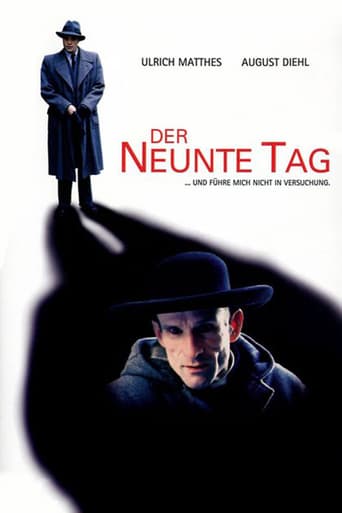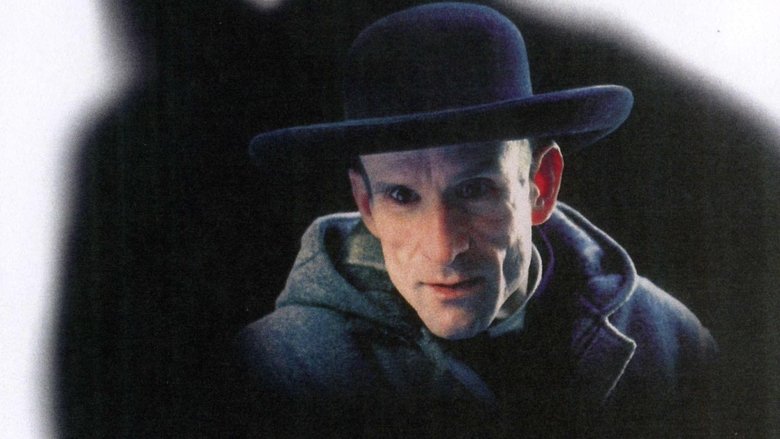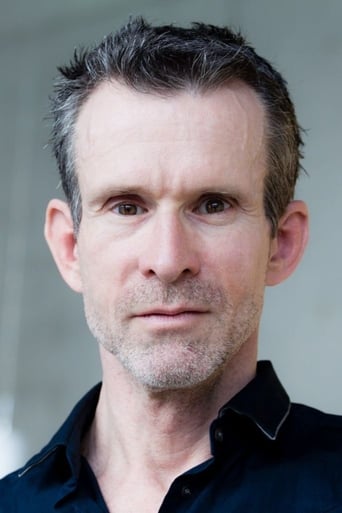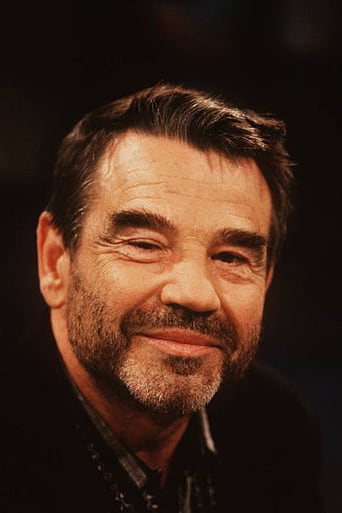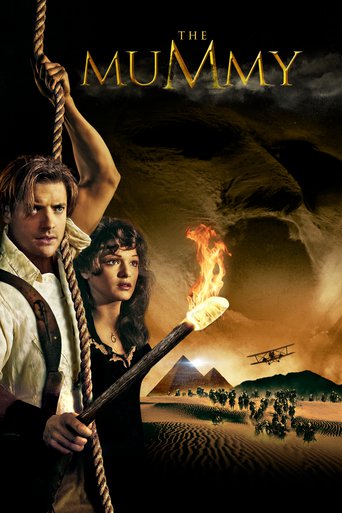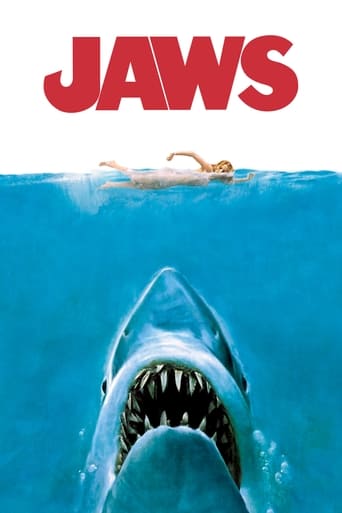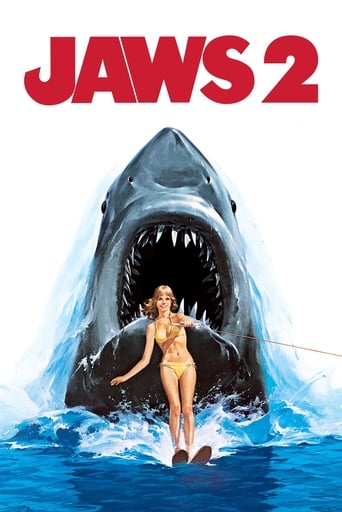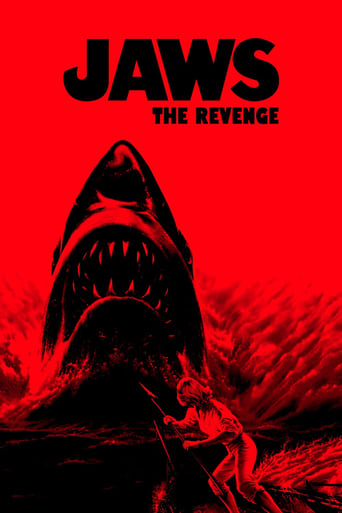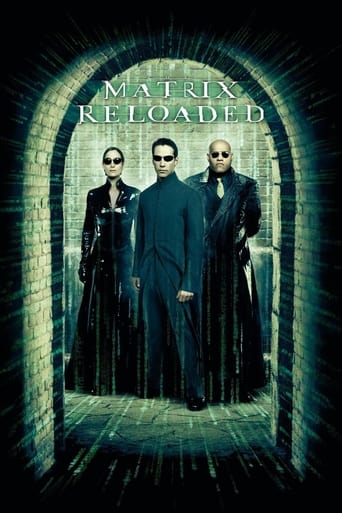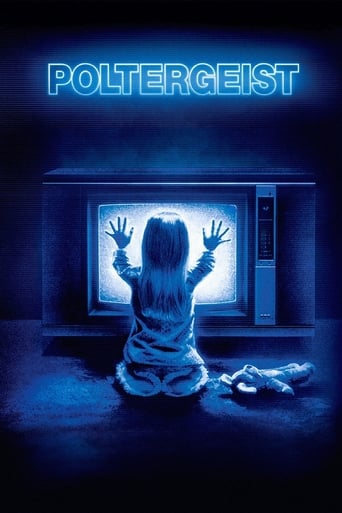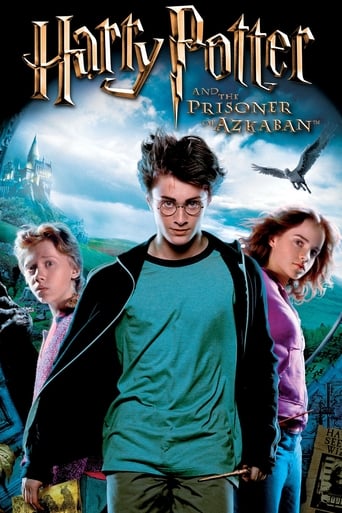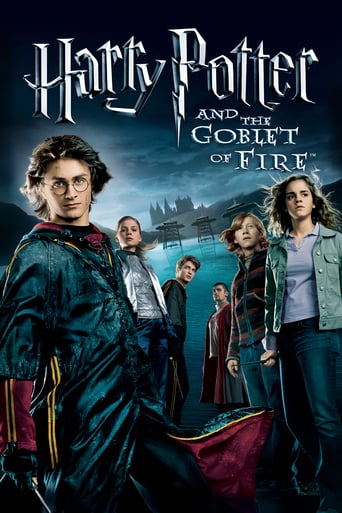The Ninth Day (2004)
A drama loosely based on Jean Bernard's Nazi-era prison diary.
Watch Trailer
Free Trial Channels
Cast


Similar titles
Reviews
I like Black Panther, but I didn't like this movie.
Brilliant and touching
Boring, long, and too preachy.
The thing I enjoyed most about the film is the fact that it doesn't shy away from being a super-sized-cliche;
This is a truly powerful film. Faith is not a prerequisite to having an almost religious experience in viewing it.
In World War II, after a period living hell on earth in the concentration camp of Dachau with other catholic priests, Father Abbé Henri Kremer (Ulrich Matthes) gets a nine days leave to return to his home town for his mother's funeral. Along this period, the SS Gestapo lieutenant Gebhardt (August Diehl) tries to persuade Henri, who was born in silver-spoon and member of an influent Luxembourgian family, to convince the local bishop to give-up resisting to the Germans and write a letter to the Vatican in the name of the Catholic Church of Luxemburg convincing the Pope to support Hitler and the Nazi regime. The ambivalent Henri questions himself and the bishop what he shall do.Based on a true story, "Der Neunte Tag" is an awesome movie and another impressive example of the powerful German cinema, of which I am a great fan. The philosophical duel between the characters of Ulrich Matthes and August Diehl is simply fantastic, with magnificent silence and dialogs. Sometimes, silence associated to the expression of the face is more significant than words. The direction is stunning and very realistic, particularly in the concentration camp; the music score and the cinematography are very beautiful; and the performances are perfect, with the two lead actors deserving nominations to the Oscar. My vote is nine.Title (Brazil): "9o Dia" ("9th Day")
This movie is full of symbols, noticeable and hidden, and takes quite a different step from other WWII movies. A test of will and faith is the lesson that we are given, and I must admit, the whole concept of Judas as the traitor and Luxembourg as the had me confused at moments because above all, "Der Neunte Tag" is a very philosophical movie.Somebody mentioned the word "propaganda of the Catholic church" in a previous comment-well here's my thoughts on this. When's the last time you celebrated Christmas, had an Ester egg, saw a Pope on TV (not to mention-DIDN'T see any Jewish, Islamic, Hindu, Taoist and other important religious figures) or just passed a Catholic church on the way home. We are surrounded by propaganda, and because a monstrous conqueror of the world used it to achieve his objectives almost 70 years ago people make your so called "propaganda" of the 2nd World War as well, right? Don't be so ignorant and offended without a cause my man-it's the Catholic church that started most historical and current wars in the first place.Now, back onto the tracks. Well written, well acted (I got a chance to ask August Diehl some questions and congratulate him for his role- the 16th Ljubljana Film Festival rocks!!!), and well paced "Der Neunte Tag' is a memorable movie that has something to say and let's you decide everything else. "It's a philosophical sport, boomerang: you give something and it comes back to you"9/10 - Recommendations-Anyone seeking a thought provoking movie
This movie has been unduly panned by IMDb critics as being Catholic propaganda, when there is hardly any. It's actually an exploration of questions on faith and morality, viewed from the perspective of Rev. Henri Kremer, a priest who has been "on leave" from Dachau to convince the Bishop of Luxemburg to support Nazism, who has been a silent opponent all throughout. At one point the film even mentions that the Pope however congratulated Hitler on his birthday - that clearly indicates the acquiescence of the Catholic world - to me that's quite the opposite of propaganda.**** SOME SPOILERS AHEAD **** The movie chronicles each of the 9 days that Rev. Kremer is allowed, and his conversations with Gestapo officer Gebhardt. When Kremer fails to convince the Bishop, he is persuaded to write a memo himself, given his own respectability due to his family status. In return he can have all the priests in Dachau released. Kremer at one point thinks he is being like Judas betraying the Christian cause (also to be noted that his personal cash upon release amounted to 30 marks), which Gebhardt, a former theology student himself, argues is a necessary evil, because without Judas there would be no martyrdom of Christ, and hence no Christianity. Rev. Kremer also learns that by giving Nazi policies the official blessing of Catholicism, he can be responsible for the deportation of thousands - although some 40 priests could be let go from Dachau. The resulting dilemma of Kremer dominates the movie.Ulrich Matthes is very convincing in the role of Kremer with his sunken cheeks and eyes, and watch the young actor August Diehl in the role of Untersturmfuehrer Gebhardt.

